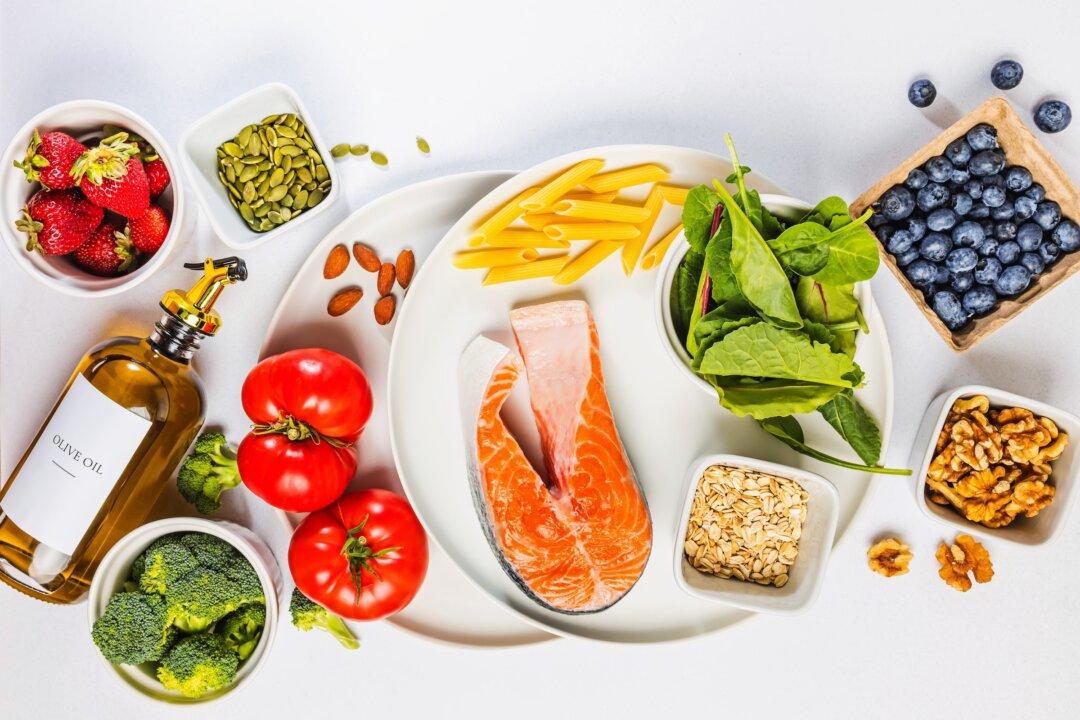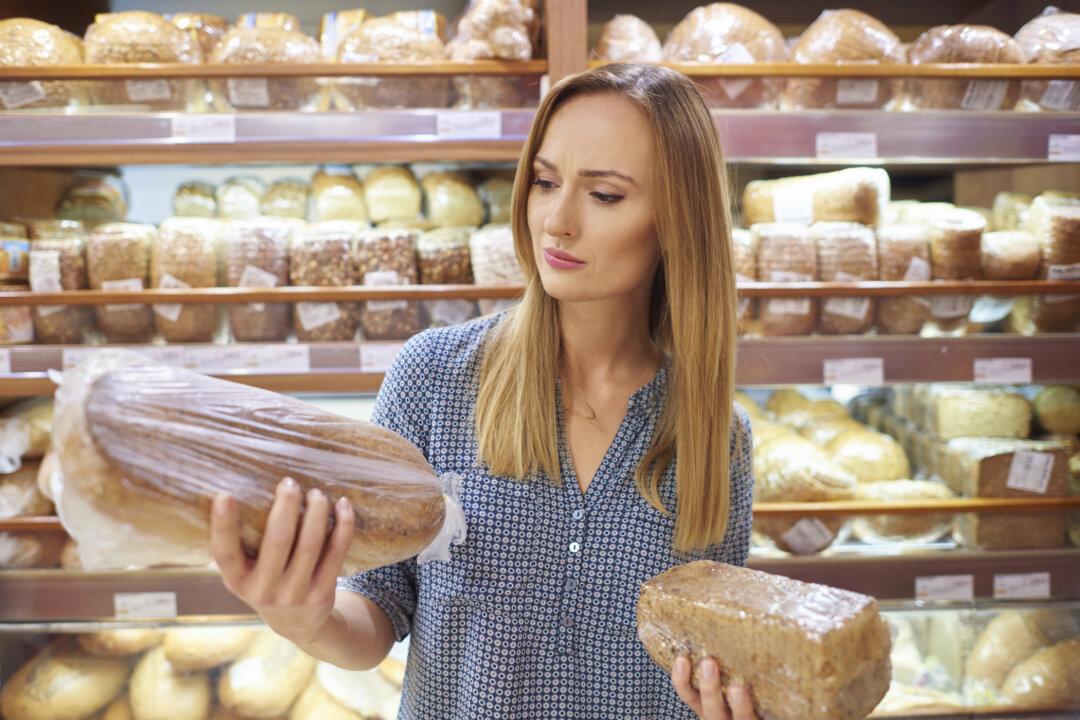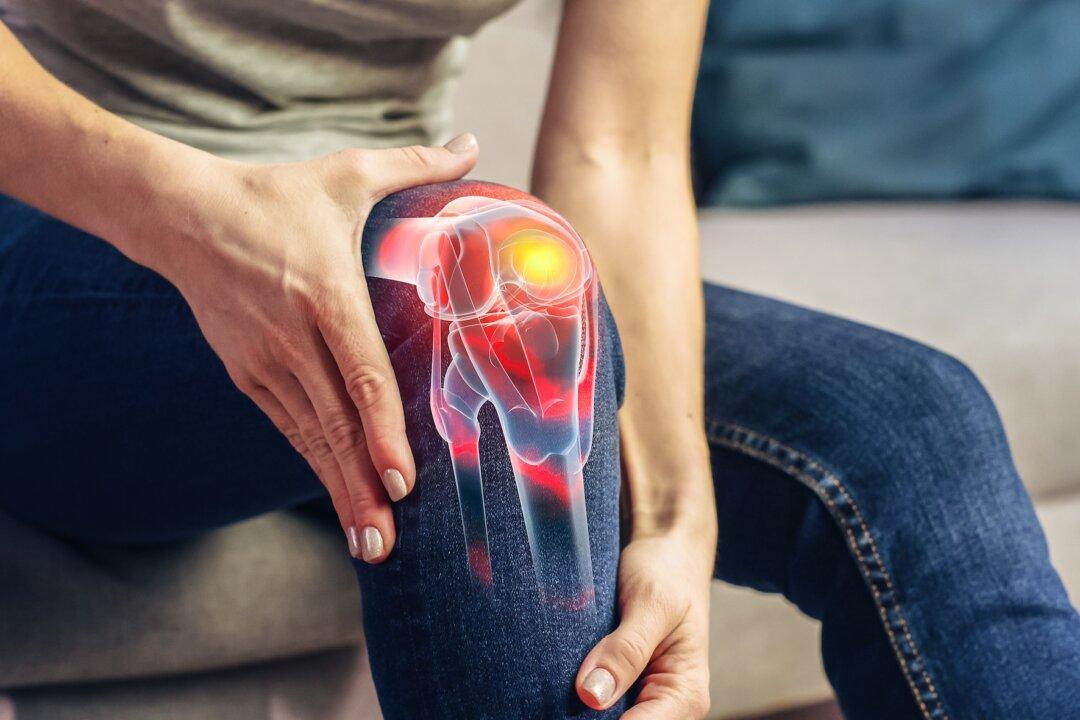When you lose weight, you breathe off 84 percent of the lost fat weight as carbon dioxide from your lungs and lose 16 percent as water in your urine. The lost fat is not lost as heat. It is not converted to muscle, and you do not lose weight from your bowel movements.
Matter cannot be destroyed. It can only be altered. So in every chemical reaction, you have to have the same number of molecules after the reaction that you had before the reaction. Your body stores fat as triglycerides in fat cells and other tissues.
Triglycerides + Oxygen = CO2 + Water + Heat
The triglycerides that form body fat combine with oxygen to be converted to carbon dioxide plus water and generate heat. To lose 10 kilograms (22 pounds) of body fat, you need to breathe in 29 kg of oxygen, and breathe out 28 kg of carbon dioxide (CO2) and lose 11 kg of water (H2O).
Why You Need to Restrict Calories to Lose Weight
If you want to lose weight, you have to exercise more or eat less. Exercising without reducing calories rarely helps people to lose weight and keep it off. Successful weight-loss programs require taking in fewer calories as well as moving more. You can markedly reduce the absorption of calories from food by not cooking, grinding, cutting or chewing food excessively. You can also increase the number of calories burned by exercising longer and harder and moving more rather than sitting or lying in one place for extended periods of time.
How You Prepare Food Affects How Many Calories You Absorb
You can lose weight by eating foods that are absorbed poorly from your intestinal tract, such as high-fiber fruits, vegetables, nuts and seeds, and eating less of foods that are more readily absorbed such as those made with added sugar or flour. You can also reduce the calories that you get from food by eating it raw rather than cooked, and whole rather than ground, juiced or pulverized.
Raw Starches are Poorly Absorbed
Many of the most abundant plants on earth are poorly digested by humans in their raw state. However, cooking softens hard seeds, breaks down toxic and irritating substances in roots and leaves, and releases nutrients bound up in plant cells. Raw starchy root vegetables such as potatoes, turnips, cassava, yams and rutabagas are very low in calories. Boiling, baking or frying them markedly increases their calories, and the longer you cook them, the more calories they provide. Starchy foods such as potatoes, whole grains, beans and cassavas have 75-100 percent more digestible calories when they are cooked than when eaten raw.
Root vegetables are low in fiber and high in starches. Cooking turns these poorly absorbed starches into sugars that are readily absorbed in your intestines. Starches in root vegetables such as potatoes or in whole grains such as wheat are composed mostly of multi-sugar molecules called amylopectin and amylose. Your digestive enzymes have great difficulty breaking them down. Cooking gelatinizes starches so they are easily exposed to intestinal enzymes that break them down so they are readily absorbed.






